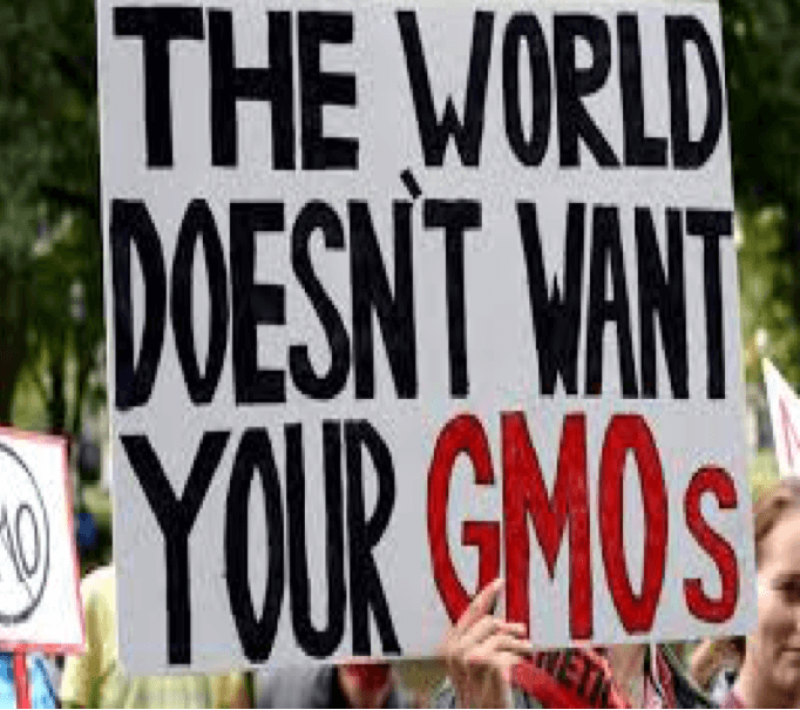The GLP aggregated and excerpted this blog/article to reflect the diversity of news, opinion and analysis.
For several years now the popular media has run headlines about “a war on science.” . . . . But a panel of scholars . . . argued for the most part against calling these aversive movements a war, with two historians even scolding scientists who embrace the idea as out of touch with public concerns.
Certainly, opponents of genetically modified crops, vaccinations that are required for children and climate science have become louder and more organized in recent times. But opponents typically live in separate camps and protest single issues, not science as a whole, said science historian and philosopher Roberta Millstein of the University of California, Davis. She spoke at . . . the American Association for the Advancement of Science’s annual meeting, held in Washington, D.C. . . . .
Millstein was the pacifist. “There is no war on science, is what I’m claiming.” Or maybe there is a war on science, she said, but calling it such is “counterproductive.”
. . . .
Panelist Steve Strauss, Oregon State University professor of forestry, took a sharper tone as he lay out of a brief history of a growing campaign against genetically modified crops. . . .
. . . .
Anti-GMO activity can have chilling effects, preventing products from being researched and thus reaching consumers who could benefit, especially in the developing world. “That’s really an ethical issue for us in the developed world who are setting a lot of the rules” about the global food system, Strauss said. . . .
Mistrust can be dissolved by putting new agricultural technology more directly in the service of the public, rather than putting big corporations or government regulations front and center, Strauss said. “If it’s not corporations versus people,” he said, “then the whole conversation can change.”
Read full, original post: Is There Really A War on Science?































